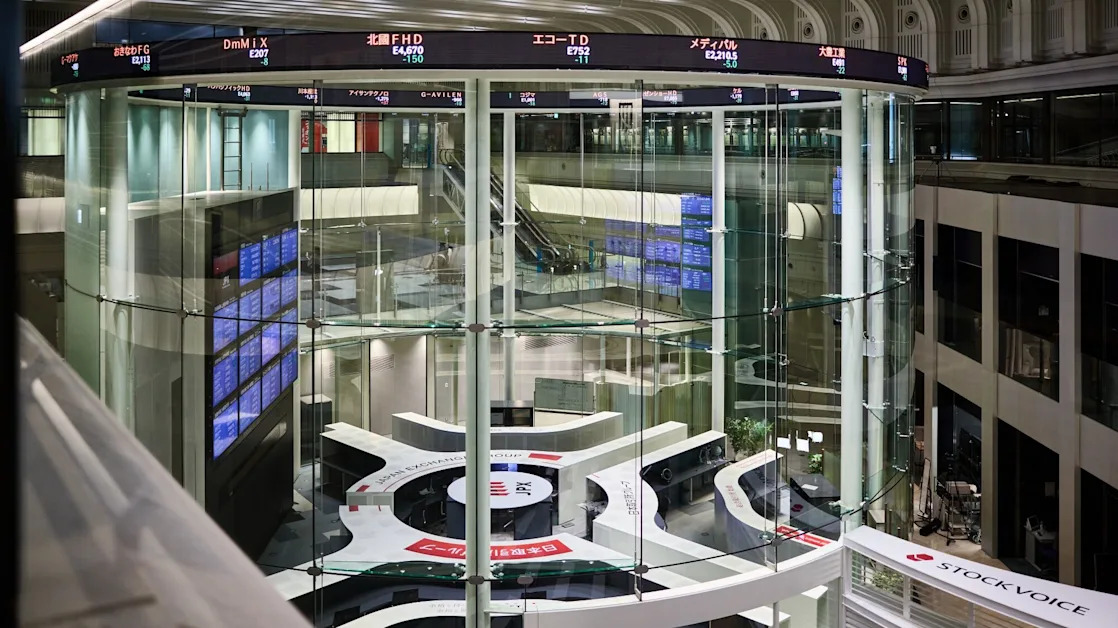
Stock Rally Loses Steam After Mixed Tariff News: Markets Wrap
(Bloomberg) -- A global rally in equities stalled as mixed signals from the Trump administration on its plans for China tariffs dented investors’ appetite for risk.
Most Read from Bloomberg
Stocks in Europe dropped after Treasury Secretary Scott Bessent cast doubt on a timely resolution to the US-China trade war. US futures fell, while Asian stocks snapped a five-day winning streak. The dollar weakened as unpredictable White House policy moves boosted demand for the Swiss franc, the yen and gold as relative havens. Treasuries ticked higher.
European traders are also tackling a deluge of earnings Thursday, with Unilever Plc rising after its sales beat estimates, while Nestle SA slipped. BNP Paribas SA fell as its profit dipped.
Thursday’s pullback in stocks took the edge off gains the previous day, which were spurred by signs President Donald Trump is rethinking the most-aggressive elements of his stances on trade and the Federal Reserve. The moves underscore how investors are struggling to keep up with a slew of headlines from various officials in the administration and frequent back-and-forth by Trump on his tariffs.
“The danger of trading off the headlines is that the commentary changes on a daily basis and later on there could be a different narrative,” said Brent Schutte, CIO at Northwestern Mutual Wealth Management. “There’s quite a bit to go before we get to whatever the outcome is of the trade tariffs. You have to look at when do you actually see the impact start hitting US shores.”
Trump signaled that the US is going to have a fair deal with China, adding late Wednesday that the country may receive a new tariff rate in the next two to three weeks. The administration is also considering whether to reduce certain tariffs targeting the auto industry that carmaker executives have warned would deal a severe blow to profits and jobs.
Bessent said that Trump hasn’t offered to take down US tariffs on China on a unilateral basis. Asked if there was no unilateral offer from the president to de-escalate, he said “not at all.”
The Treasury secretary said that the administration is looking at multiple factors with regard to China beyond just tariffs — including non-tariff barriers and government subsidies. A full re-balancing of trade might take two to three years, he said.